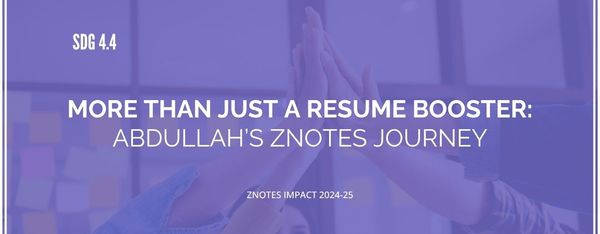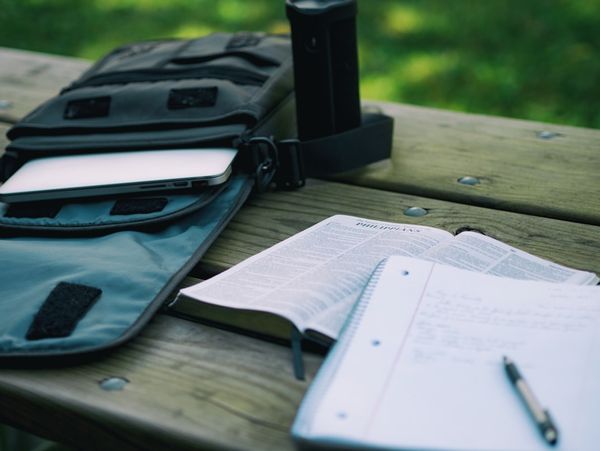Mastering the Art of Effective Study: Prevent Burnout and Thrive!
Effective studying is essential for academic success, but it's equally important to avoid burnout. Finding the balance between productivity and self-care is crucial for maintaining long-term motivation and mental well-being.
To study effectively without getting burnt out, starting by creating a structured plan is essential. Break down your study material into manageable chunks and allocate specific time slots for each task. This approach prevents you from feeling overwhelmed and helps you stay focused during study sessions.
Implementing active learning techniques can also enhance effectiveness while reducing monotony. Instead of passively reading or highlighting notes, engage in activities like summarizing information in your own words, teaching concepts to a peer, or creating visual aids like mind maps or flashcards. These methods promote deeper understanding and retention of the material.
Furthermore, to prevent exhaustion during your study sessions, you must take regular breaks. Research suggests that taking brief breaks every 25 to 30 minutes can improve focus and productivity. Use these breaks to stretch, hydrate, engage in mindfulness or deep breathing techniques, or even all of the above.
A common denominator often left out of the equation by many students is the importance of maintaining a healthy lifestyle. Ensuring that you get adequate sleep, eat nutritious meals, and stay physically active, can go a long way in improving your physical and mental strength, keeping you more sharp and ready for the examinations ahead. Exercise too, has been shown to reduce stress and improve cognitive function, making it a valuable addition to your routine.
Setting reasonable objectives and acknowledging minor accomplishments can also keep you motivated. Divide more complex activities into manageable goals, then treat yourself when you reach them. Good study habits are reinforced and morale is raised by this positive reinforcement.
Finally, never be afraid to ask for help when you need it. Asking for help, whether from teachers, peers, or mental health specialists, can offer insightful advice and helpful tools to get through difficult topics or stressful times.
In conclusion, effective studying involves careful planning, active engagement, regular breaks, maintaining a healthy lifestyle, setting achievable goals, and seeking support when necessary. By implementing these strategies, you can optimize your study routine while safeguarding against burnout, ultimately leading to greater academic success and well-being.




